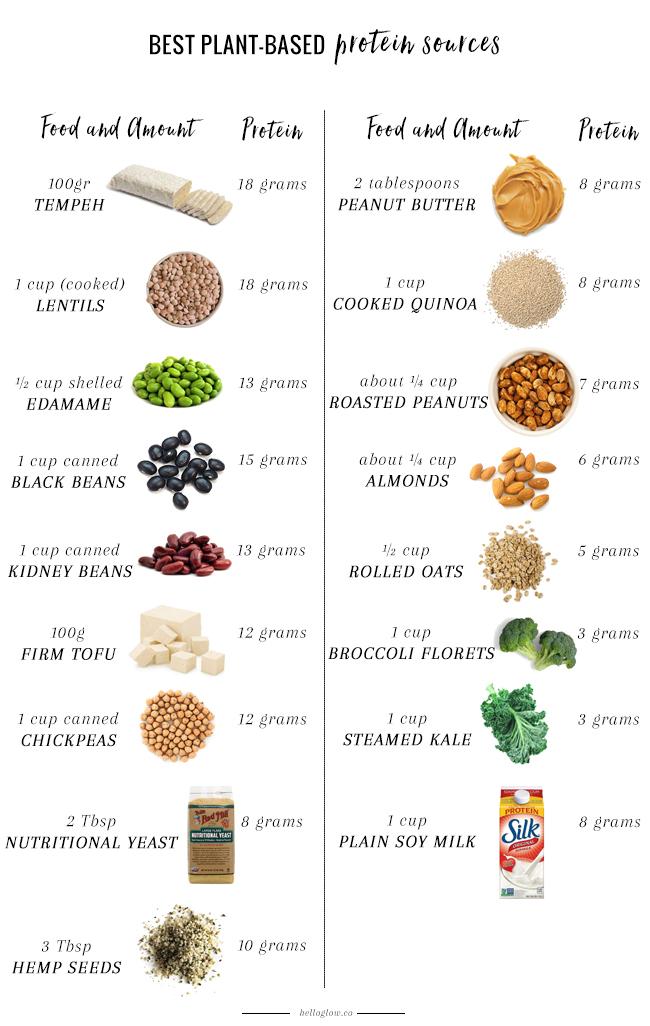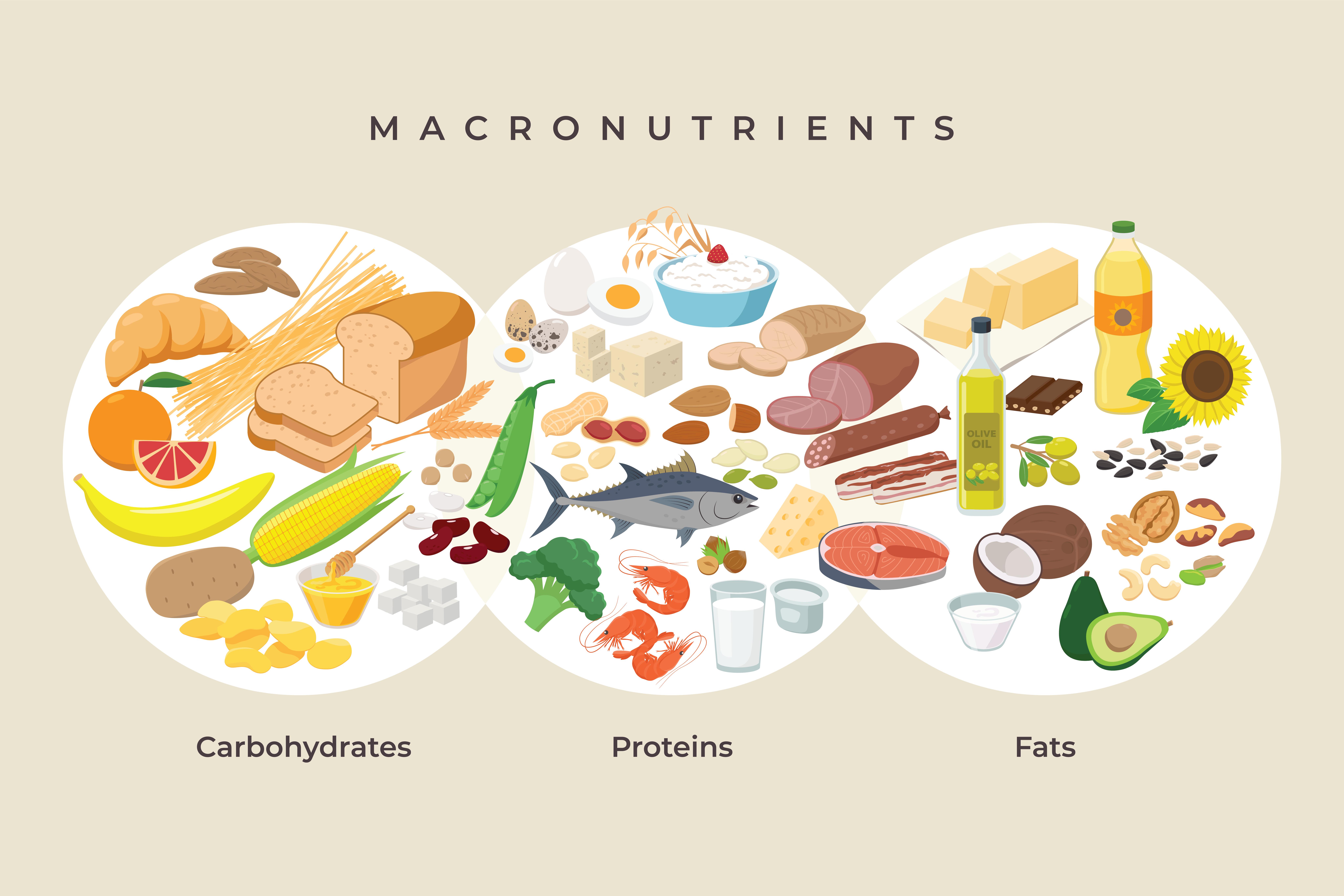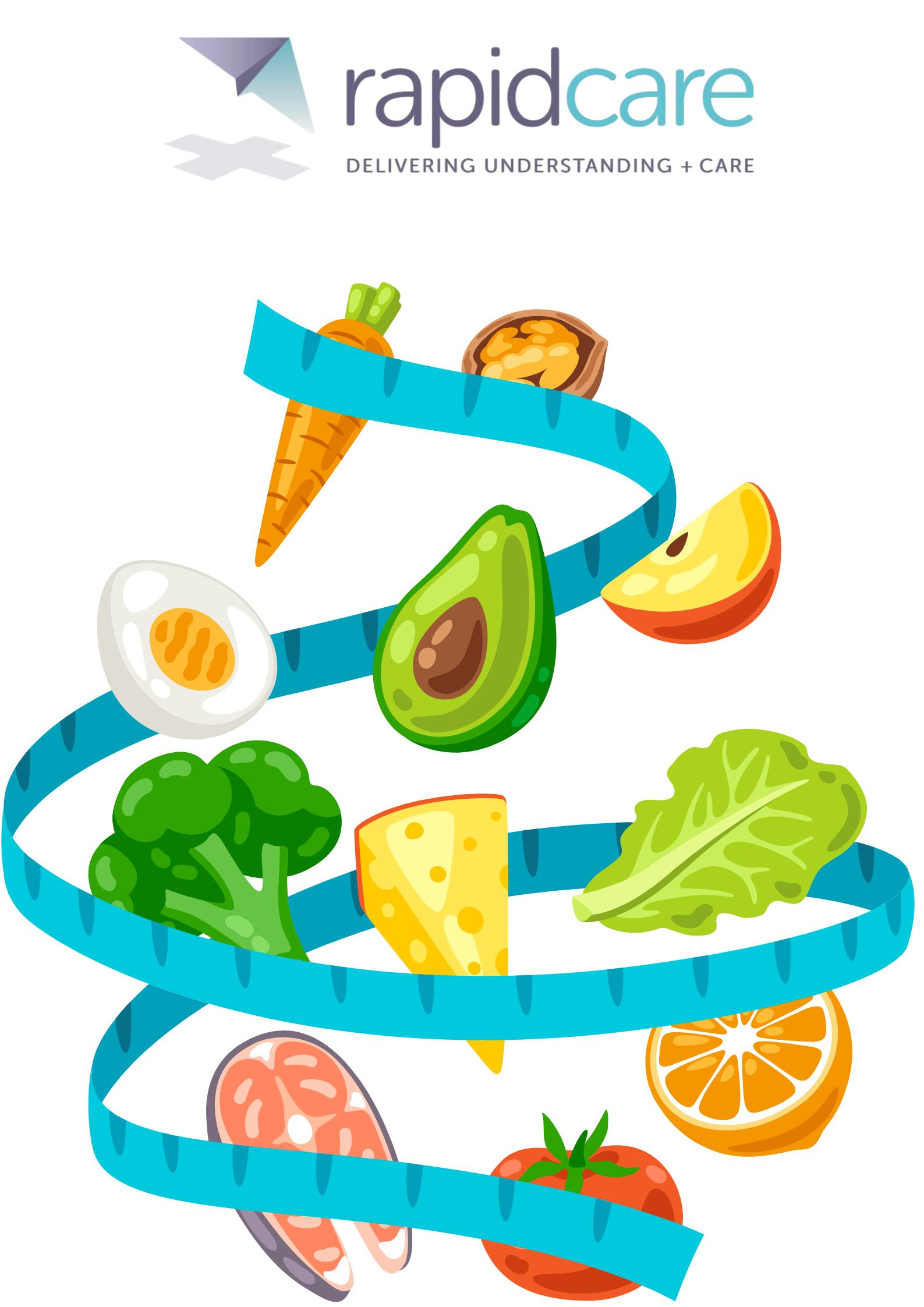Building lean muscle requires a strategic approach to nutrition, and a high protein diet is a cornerstone of this process. Whether you’re a seasoned athlete or just beginning your fitness journey, understanding how to effectively plan your meals can significantly enhance your muscle-building efforts. This article will guide you through the essentials of crafting a high protein diet tailored for lean muscle gain, providing practical tips and expert insights to help you achieve your fitness goals with confidence. From selecting the right protein sources to balancing macronutrients, you’ll learn how to optimize your diet to fuel your body, support muscle recovery, and maximize your gains. Prepare to embark on a transformative journey towards a stronger, leaner you.
Understanding Protein Needs for Muscle Growth
To effectively build muscle, understanding the role of protein in your diet is crucial. Protein serves as the building block for muscle tissue, and consuming the right amount can significantly impact your progress. For those aiming to gain lean muscle, the general guideline is to consume between 1.6 to 2.2 grams of protein per kilogram of body weight. This ensures that your muscles have enough resources for repair and growth post-exercise.
- Prioritize Protein-Rich Foods: Incorporate lean meats like chicken, turkey, and fish, which provide high-quality protein.
- Include Plant-Based Options: Beans, lentils, and quinoa are excellent for adding variety and nutrients.
- Opt for Dairy: Greek yogurt and cottage cheese not only offer protein but also contain calcium and probiotics.
- Consider Supplements: Protein powders can help meet your daily intake, especially when you’re on the go.
Remember, consistency is key. Spread your protein intake evenly across meals to maximize muscle protein synthesis. This approach not only aids muscle growth but also helps in maintaining energy levels throughout the day.

Selecting High-Quality Protein Sources
Choosing the right protein sources is pivotal for maximizing muscle growth while maintaining overall health. Prioritize lean meats like chicken breast, turkey, and fish, which are rich in essential amino acids and low in saturated fats. Eggs are another versatile option, offering a perfect balance of proteins and fats. For plant-based enthusiasts, incorporate legumes such as lentils and chickpeas, which provide not only protein but also fiber and essential nutrients.
- Chicken Breast: Low in fat, high in protein, and versatile in recipes.
- Salmon: Offers omega-3 fatty acids along with quality protein.
- Tofu: A complete protein source for vegetarians and vegans.
- Greek Yogurt: Packed with protein and probiotics for gut health.
Incorporate a variety of these sources into your diet to ensure a comprehensive intake of nutrients. Opt for grass-fed beef or wild-caught fish when possible, as they typically contain higher nutrient levels and fewer additives. Remember, the goal is not just to increase protein intake but to choose sources that enhance your diet and support muscle development effectively.

Balancing Macronutrients for Optimal Results
When aiming to build lean muscle, it’s crucial to understand the role of macronutrients—proteins, carbohydrates, and fats—in your diet. Proteins serve as the building blocks for muscle growth and repair. However, to optimize your results, it’s essential to balance these with the right amounts of carbohydrates and fats. Here’s how you can ensure each macronutrient plays its part effectively:
- Protein: Aim for a daily intake of 1.6 to 2.2 grams of protein per kilogram of body weight. This range supports muscle synthesis and recovery. Include a variety of sources like lean meats, fish, eggs, dairy, legumes, and plant-based proteins to ensure a complete amino acid profile.
- Carbohydrates: Essential for fueling your workouts and replenishing glycogen stores, carbohydrates should make up about 45-65% of your total daily caloric intake. Opt for complex carbs such as whole grains, fruits, and vegetables to maintain energy levels and support muscle growth.
- Fats: Healthy fats are vital for hormone production, including testosterone, which plays a key role in muscle development. Ensure fats constitute 20-35% of your daily intake, focusing on sources like avocados, nuts, seeds, and olive oil.
By carefully balancing these macronutrients, you can create a diet that not only supports lean muscle gain but also enhances overall health and performance. Remember, consistency is key, so monitor your progress and adjust your intake as needed to achieve your desired results.

Crafting a Tailored Meal Plan for Sustained Gains
When aiming to build lean muscle, the foundation of your meal plan should be a strategic balance of macronutrients, with a focus on high-quality proteins. Proteins are the building blocks of muscle, so ensure each meal includes a rich source. Consider incorporating a variety of protein options such as:
- Lean meats: chicken breast, turkey, and lean cuts of beef
- Fish: salmon, tuna, and tilapia for omega-3 fatty acids
- Plant-based sources: lentils, chickpeas, and quinoa for a diverse amino acid profile
- Dairy products: Greek yogurt, cottage cheese, and milk for added calcium and probiotics
- Protein supplements: whey or plant-based protein powders to meet daily intake goals
Portion control and meal timing are equally important. Aim to distribute your protein intake evenly throughout the day. Consuming 20-30 grams of protein per meal can optimize muscle protein synthesis. This approach not only supports muscle growth but also enhances recovery and reduces the risk of muscle breakdown. Remember, consistency is key, so plan your meals in advance and keep track of your intake to ensure you’re meeting your nutritional goals.




